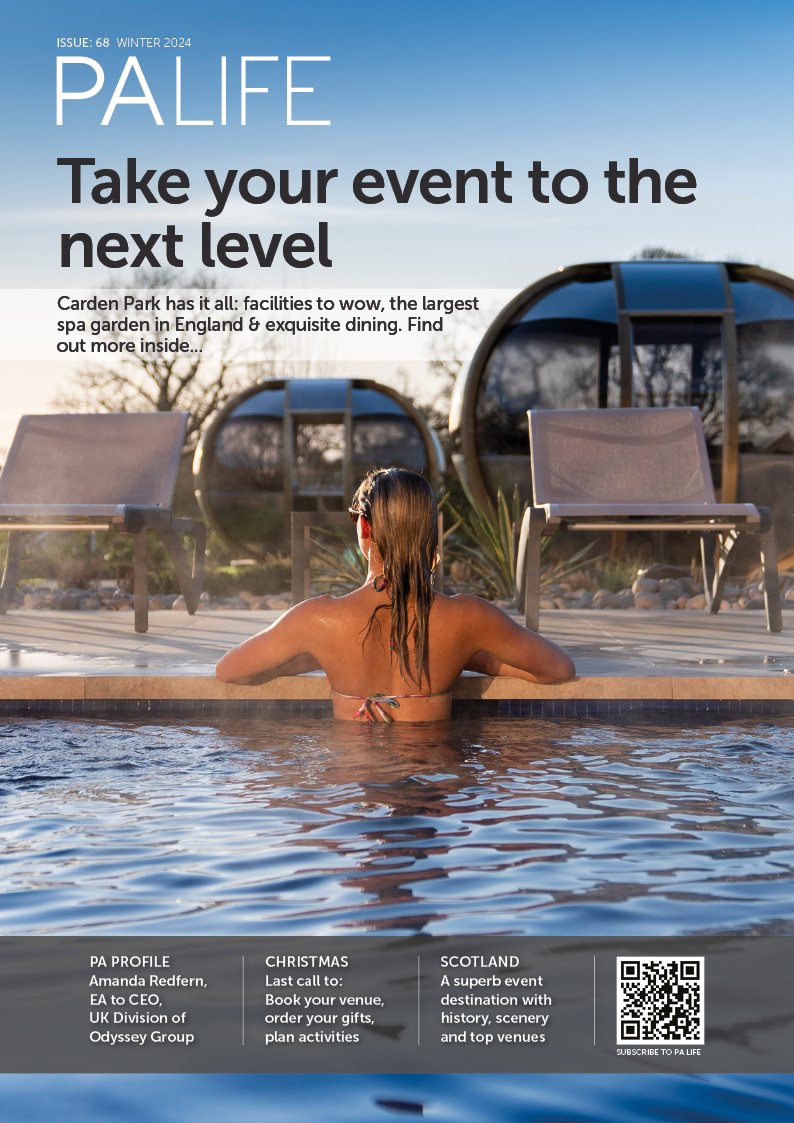51% of employers predict PAs and EAs will transition to a new era of part-remote and part-office working in six months’ time.
In a survey of over 13,500 professionals and employers conducted by Hays, 365 of whom either employs or works as a personal or executive assistant, nearly two thirds (61%) say staff are already returning to work in the office.
Most PAs and EAs (59%) have returned to the office using split shifts, whereby teams alternate the days they work in the office and at home or work one week at home and one in the workplace.
Other measures taken by employers are a voluntary return (32%) and staggered hours, where team members start and finish at different hours to avoid peak travel times (27%).
However, despite a number of organisations announcing staff can work remotely for the foreseeable future, only 3% of employers expect PAs and EAs to be fully remote in 6 months’ time. Furthermore, only 10% of PAs and EAs would like to still be working remotely in this time.
A hybrid model of remote and office-based work is likely to be the future way of working, says Hays. Alongside employers, 52% of PAs and EAs would like to be working in a hybrid model in six months’ time. Only a quarter (25%) wish to be based fully in the workplace.
Preference differs across generations, as half (50%) of Gen Z (born after 1995) would prefer to be working in the office full time, compared to just 25% of Gen X (1961 – 1982) and 23% of Gen Y(1983 – 1995).
Differences also occur across regions with those working in London indicating they haven’t missed their commute. Only 28% of PAs and EAs based in the capital want to go back to being in the office full-time in six months and the majority (54%) state they would prefer to do part-remote and part-office working.
Over two thirds (69%) of employers are planning to change their flexible working policies to accommodate this shift, 28% are retaining communication and collaboration tools installed during lockdown, and 28% also plan to reduce their office space.
Roddy Adair, Director of Hays Personal and Executive Assistants, said: “When reopening offices, employers need to focus on the health and safety of their staff as a top priority. It’s advised that any return also happens initially on a voluntary basis, to take into account those who are unable to return for their own personal reasons. However, it’s clear that there is a strong demand for sustained flexible working going forward, so companies need to think seriously about how they can support this.
“Rather than solely remote working, by far the preference is for a new hybrid way of working – PAs and EAs want a balance between office life and working remotely, which is now far closer in their sights than ever before. As more organisations start to embrace this way of working, maintaining company culture and ensuring communication is transparent need to be key considerations. Make sure your team know from the get-go that they play a valued part in your organisation, no matter where they’re based.”













